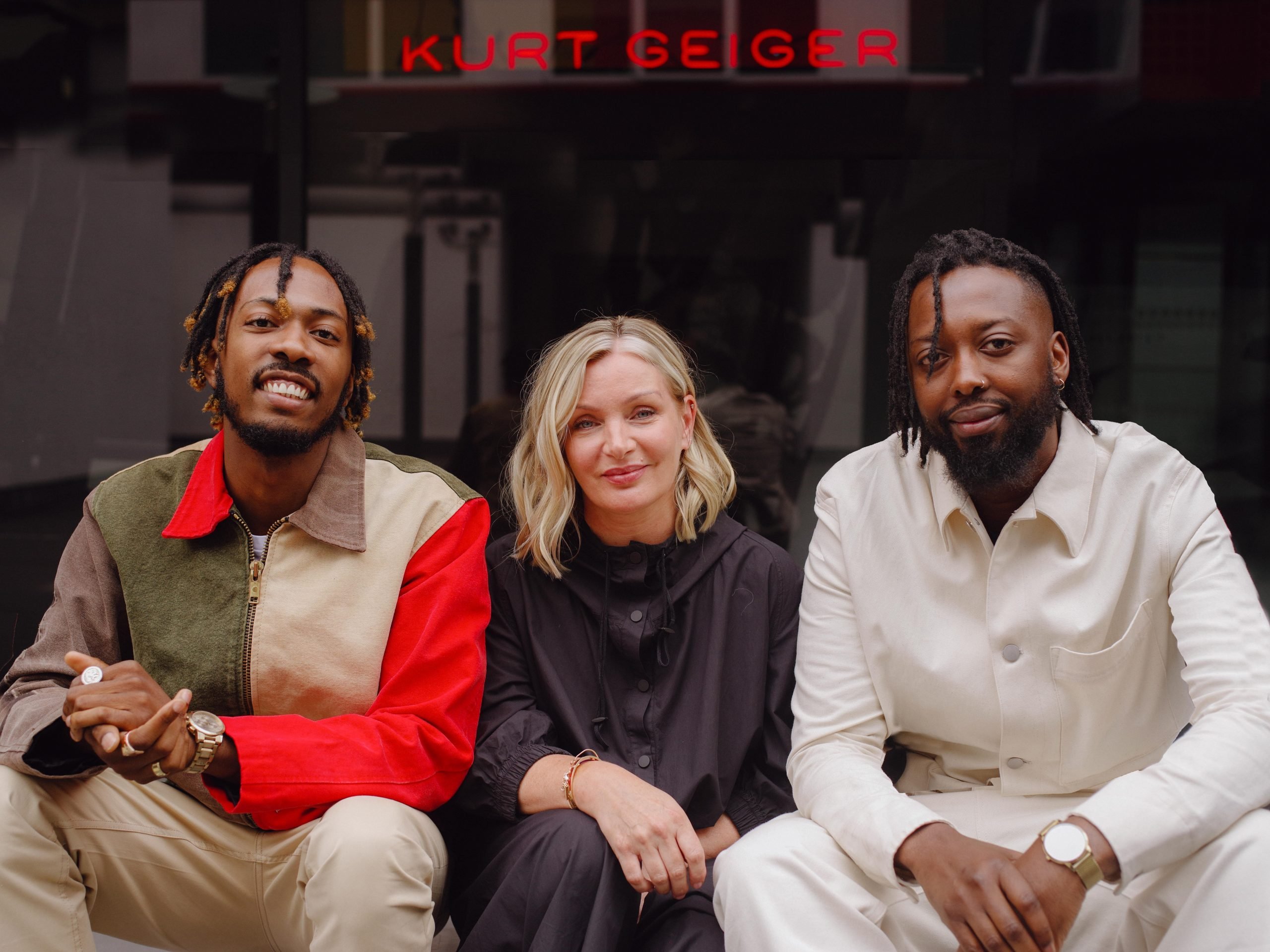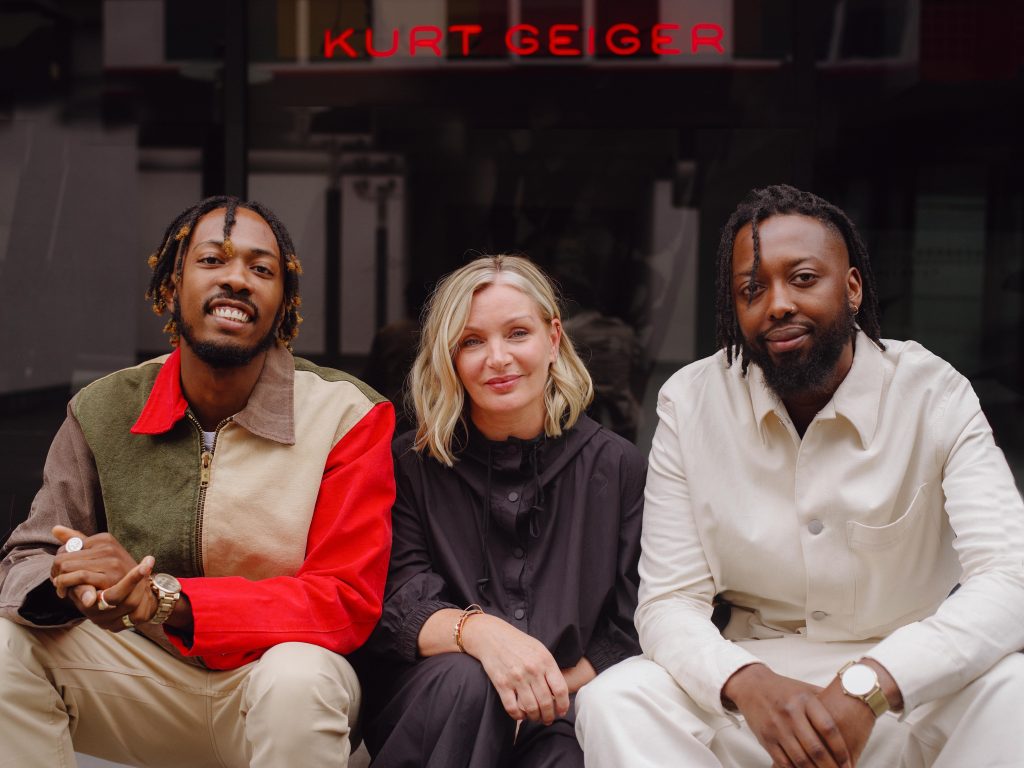
Ibrahim Kamara
- Ibrahim Kamara and Jide Adetunji set out to celebrate creatives from underrepresented backgrounds.
- The London-based founders used their platform, GUAP, to help showcase and nurture emerging talent.
- Their work is gaining significant recognition. The pair told Insider how they've succeeded.
- See more stories on Insider's business page.
Ibrahim Kamara and Jide Adetunji's journey to showcase the work of underrepresented creatives in an industry that didn't always make room for it has been an inspirational one.
In 2015, when the London-based pair founded GUAP, a youth-led media platform, they had no money. But their commitment to powering through – no matter the odds – helped countless young people get their big break and also caught the attention of renowned retailers like Kurt Geiger.
GUAP initially produced a magazine that bridged the gap between print and digital using augmented reality. It has since grown to incorporate events and an in-house creative agency.
Its name stands for "great understanding and power."
Adetunji told Insider: "We noticed that growing up, there wasn't a lot of focus in and around the industry. Most of the roles that you would be told to go into by your parents would be in accounting, finance, law – and we wanted to provide more tangible role models."
Once the platform launched, the pair set out to discover budding talent, particularly from underrepresented communities.
"We wanted to be the place that shows other young people who are like us or from similar backgrounds or communities that anything is possible. That you can do creative arts as a career," Kamara said.
To navigate their lack of finances, Kamara said they learned the skills they couldn't pay for: "I used to shoot all the videos and Jide used to update our website."
They also made many sacrifices. As they watched friends take holidays, buy cars, and enjoy expensive dinners, the pair kept telling themselves: "Our day will come."
It was difficult in those moments, "because it takes a lot of conviction to fight social pressures and understand that immediate gratification isn't always the best thing to strive for," Adetunji said.
Another challenge was carving out a space in the media industry. "With what we've done, there wasn't a template for us to follow," Kamara added.
But the pair had faith from the beginning that their idea was going to work.
Diversity-related challenges in the industry were prevalent too, Kamara said, but they tackled it with a certain attitude: "We take accountability for everything that happens with us."
He added: "If things are the way they are, we won't say it's because we're Black."
There may have been circumstances faced that their white counterparts did not experience, Adetunji said.
"I remember in the early stages when we used to do a lot of live music events, there were times that we had to fill in certain forms in order to get our line-up cleared," he added.
"People would also say we don't host hip-hop and R&B nights. That's basically a nice way of saying, 'we don't want Black people music playing here,'" Adetunji said. "We felt all of those microaggressions but we never let it get to us."
GUAP has enjoyed increasing success and recognition over the years. The company was recently signed by luxury shoe brand Kurt Geiger to launch its autumn/winter 2021 London campaign, which is called "Together, We Move."
The future looks even brighter for GUAP, as the agency embarks on a long-term partnership with Adidas. "To have your vision and brand supported by the likes of Adidas and Kurt Geiger is inspirational for us and motivates us to keep doing what we're doing," Adetunji said.
For young creatives who wish to follow similar paths, Kamara shared some parting words of wisdom.
"A loss is only a loss if you haven't learned from it," he said. "Being true to yourself and trying to find yourself as early as you can will take you a long way."
